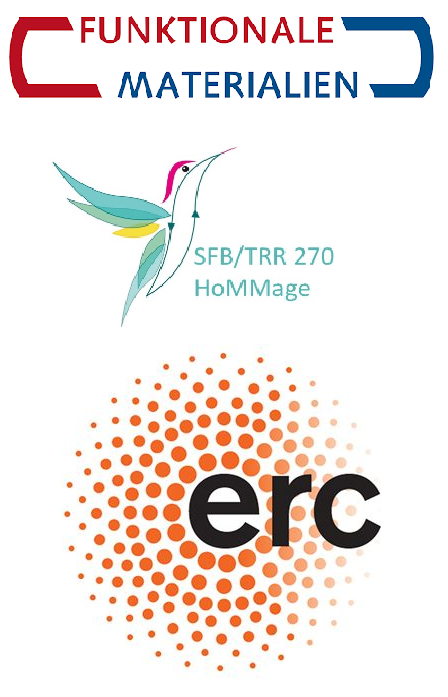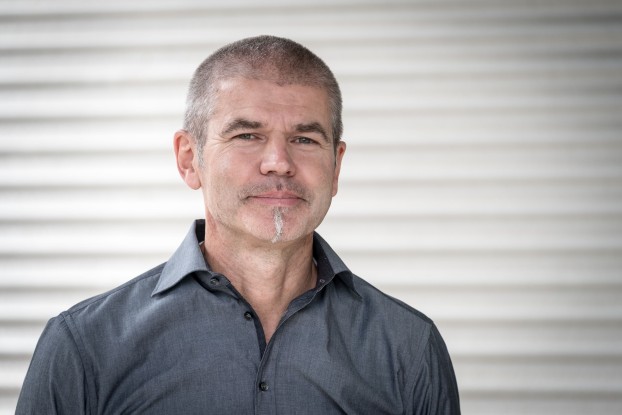The Material Transition
Human development has caused a depletion of natural energy and mineral resources and climate changes with non-predictable consequences. New energy concepts are required for the future of our industrial society resulting in an ever-increasing emphasis on improving the efficiency of electricity transmission and utilization and in the progressive replacement of oil-based fuels in transportation by electric motors. Efficient cooling is another important challenge for our society. Humanity was worried about keeping warm, now we will have to invest heavily into cooling as a basic necessity. We have entered the cryogenic age. In this context, Material Science has to make a major contribution. Our international team at Functional Materials at TU Darmstadt conducts fundamental and applied materials research for the fields of energy conversion, mobility, cooling, medicine and robotics as well as hydrogen liquefaction and storage. The focus is on advanced nanostructured magnetic materials, which are analyzed and modelled on all length scales, from the atom to the device. This enables our FM team to develop novel multi-functional materials encompassing their synthesis, processing, and property characterization. We explore their multi-responsiveness in engineering components exposed to different stimuli and operating environments. We are especially concerned with the criticality of technology metals and the design of materials and devices for circularity from the very beginning. The transformation to renewable energy technologies is first of all a materials´ transition! Sustainable materials are a necessity for a net-zero emission energy scenario.


Head of the Division
Prof. Dr. Oliver Gutfleisch Tel. +49 6151 16-22150 Fax. +49 6151 16-22145 oliver.gutfleisch@tu-darmstadt.de Researcher ID: C-7241-2011
Magnets for efficient energy conversion
We work on novel permanent and soft magnets, magneto- and elastocaloric and magnetostrictive materials as well as magnetic shape memory alloys and more generally on materials for efficient energy storage, transportation and conversion. They can enable a drastic and rapid reduction in CO2 emissions from the burning of fossil fuels or from the use of conventional refrigerants.
The development of new earth abundant materials for renewable energy technologies operating much closer to their physical limits requires novel processing routes, modelling on all length scales and advanced characterization techniques with high time and spatial resolution. We develop principle material design strategies and descriptors combined with high-throughput techniques by simulation and experiment. Additive manufacturing enables us to tailor and integrate local and sensing functionalities into devices and explore the concept of cyber-physical twins.
The great energy transformation is also a material´s transformation (“Die Energiewende ist eine Materialwende”). We study the reduction, substitution and recycling of critical materials on element, process and product levels as demand for strategic elements will multiply in the near future. Our graduates will be Material Science experts in this challenging field of research.
Oliver Gutfleisch























